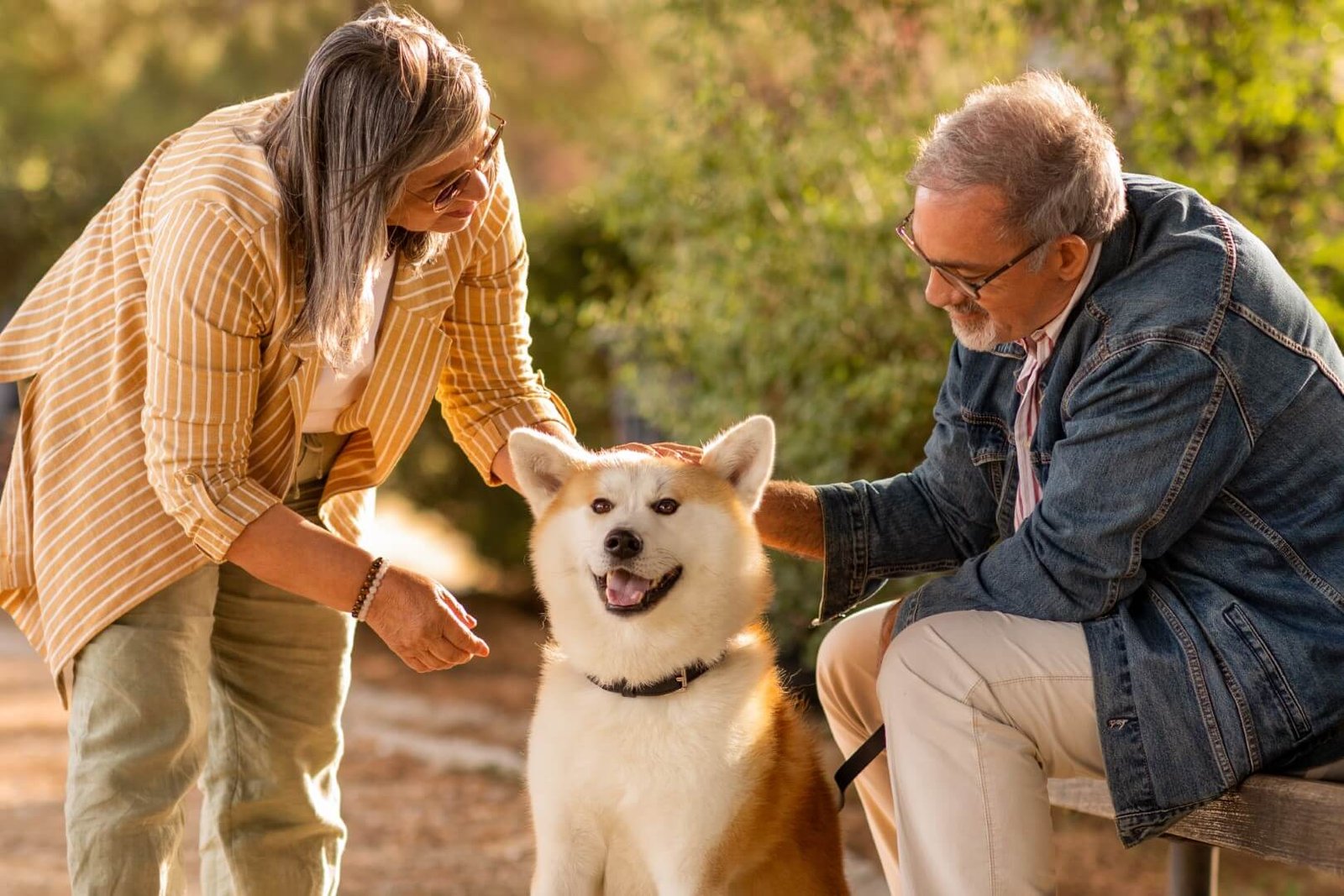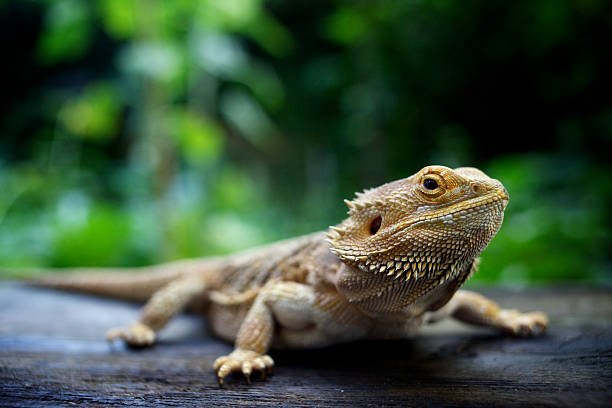The Wonderful World of Pets & Animals Companionship Care and Connection
Pets and animals have always played a special role in the lives of humans. From the loyal dog wagging its tail at the door to the gentle purring of a cat on a windowsill, animals bring joy, comfort, and companionship into our lives. But beyond the household, animals also contribute significantly to ecosystems, agriculture, therapy, and education. In this article, we will explore the importance of pets and animals, the benefits they provide, how to care for them responsibly, and how they shape human life in countless meaningful ways.
Crusty white dog breed
A crusty white dog breed often brings to mind small, fluffy companions like the Maltese, Bichon Frise, or West Highland White Terrier. Their white coats can sometimes appear “crusty” around the eyes or mouth due to tear stains, saliva, or food residue. Despite this, these dogs are known for their charming personalities, alert expressions, and affectionate nature. Regular grooming, gentle cleaning, and a balanced diet help keep their coats bright and healthy. With proper care, these crusty white dog breeds remain elegant, playful, and loving pets that easily become cherished members of the family.
The Human-Animal Bond
The connection between humans and animals is ancient and profound. Domesticated over thousands of years, pets like dogs and cats have become an integral part of family life. This bond is built on mutual trust, love, and understanding. People often refer to their pets as “fur babies,” and with good reason—pets offer unconditional love and emotional support, often becoming loyal companions for life.
Moreover, animals like horses, birds, rabbits, guinea pigs, and even reptiles have found places in households, forming unique and meaningful relationships with their owners. These bonds are not just emotional; they have psychological and physiological benefits too.
Benefits of Having Pets
Owning a pet is more than just fun—it’s beneficial for your health and well-being. Here are some proven benefits:
1. Mental Health Support
Pets provide companionship, reduce feelings of loneliness, and help ease anxiety and depression. The act of petting an animal can trigger the release of feel-good hormones like serotonin and oxytocin.
2. Physical Activity
Dogs, in particular, encourage exercise. Regular walks and playtime keep both pet and owner active and fit.
3. Social Interaction
Walking a dog or visiting a pet park can lead to social encounters. Pets can serve as social catalysts, helping people connect with others more easily.
4. Responsibility and Routine
Caring for an animal teaches responsibility and time management. This is particularly beneficial for children, as they learn empathy and the importance of routine.
5. Therapeutic Benefits
Animals are increasingly being used in therapy. Therapy dogs visit hospitals, schools, and nursing homes, providing comfort and emotional healing to patients and students.
Caring for Pets: Tips for Responsible Ownership
Owning a pet is a lifelong commitment and responsibility. Animals rely on their owners for everything—food, water, shelter, affection, and medical care. Here are some essential pet care tips:
1. Proper Nutrition
Feed pets high-quality, species-appropriate food. Consult your veterinarian to understand dietary needs specific to your pet’s breed, age, and health condition.
2. Regular Vet Check-Ups
Routine vet visits ensure pets stay healthy. Vaccinations, dental care, and preventive treatments (for fleas, ticks, etc.) are vital.
3. Exercise and Enrichment
Physical activity is necessary to prevent obesity and behavioral issues. Enrichment through toys, puzzles, and interaction prevents boredom.
4. Grooming and Hygiene
Regular grooming—bathing, brushing, nail trimming, and ear cleaning—keeps pets clean and healthy.
5. Safety and Identification
Keep pets safe with ID tags or microchips. Secure your home and yard, especially for adventurous pets like dogs and cats.
Common Types of Pets
Different pets suit different lifestyles. Here’s a quick overview of popular pets:
Dogs
Loyal, energetic, and protective, dogs are known as man’s best friend. Breeds vary greatly in size, temperament, and exercise needs.
Cats
Independent yet affectionate, cats are ideal for indoor environments. They require less maintenance than dogs but still crave attention.
Birds
From parrots to canaries, birds are intelligent and interactive pets. They thrive on social interaction and mental stimulation.
Fish
Aquarium fish are low-maintenance and calming to observe. They need a clean, well-maintained tank and balanced water conditions.
Small Mammals
Rabbits, hamsters, guinea pigs, and ferrets are playful and gentle. They’re great for children but still require careful handling and daily care.
Reptiles
Turtles, lizards, and snakes appeal to exotic pet lovers. They require specific habitats and temperatures to thrive.
Animal Welfare and Rights
Animals, whether pets, farm animals, or wildlife, deserve ethical treatment. Organizations around the world advocate for animal rights, fighting against abuse, neglect, and exploitation. Laws are in place in many countries to prevent cruelty and ensure humane treatment.
If you witness animal abuse or neglect, report it to local authorities or animal welfare organizations. Choosing to adopt pets from shelters instead of buying them from breeders or pet shops also supports animal welfare.
The Future of Human-Animal Relationships
Technology and innovation are shaping the future of how we care for and interact with animals. From GPS trackers and health-monitoring collars to pet communication devices, our ability to understand and support animals is growing.
Moreover, animals are being integrated more into therapy, education, and even law enforcement. With growing awareness around animal emotions and intelligence, the respect for their lives and roles in society continues to deepen.
The Importance of Animal Welfare
Animals, like humans, deserve to live free from cruelty, neglect, and suffering. Unfortunately, millions of animals worldwide are abused, abandoned, or exploited.
Adopt, Don’t Shop
Choosing to adopt from a shelter or rescue group helps reduce the number of homeless animals. It also gives animals a second chance at a loving home.
Spaying and Neutering
This helps control the pet population and reduces the risk of certain diseases. It also helps decrease the number of animals in shelters.
Reporting Abuse
If you suspect animal cruelty or neglect, contact local animal welfare authorities. Being a voice for animals in need is part of responsible pet ownership.
Animals in Nature: Conservation and Protection
Beyond the pets in our homes, wild animals need protection too. Deforestation, climate change, poaching, and pollution threaten the survival of countless species.
Conservation Efforts
Organizations around the world are working to protect endangered animals, preserve habitats, and promote sustainable coexistence between humans and wildlife.
Your Role in Conservation
Avoid buying products made from endangered species. Support eco-friendly practices and conservation groups. Educate others about the importance of preserving biodiversity.
Conclusion
Pets and animals enrich our lives in countless ways—through companionship, health benefits, and the wonder they bring into our homes and the natural world. Whether you’re a dog lover, a bird enthusiast, or simply someone who enjoys watching wildlife, animals offer a window into nature and a reminder of the beauty of life beyond our own species.
Taking care of them is a privilege and a responsibility. As our understanding of animal needs and emotions grows, so should our commitment to treating them with love, respect, and compassion.







